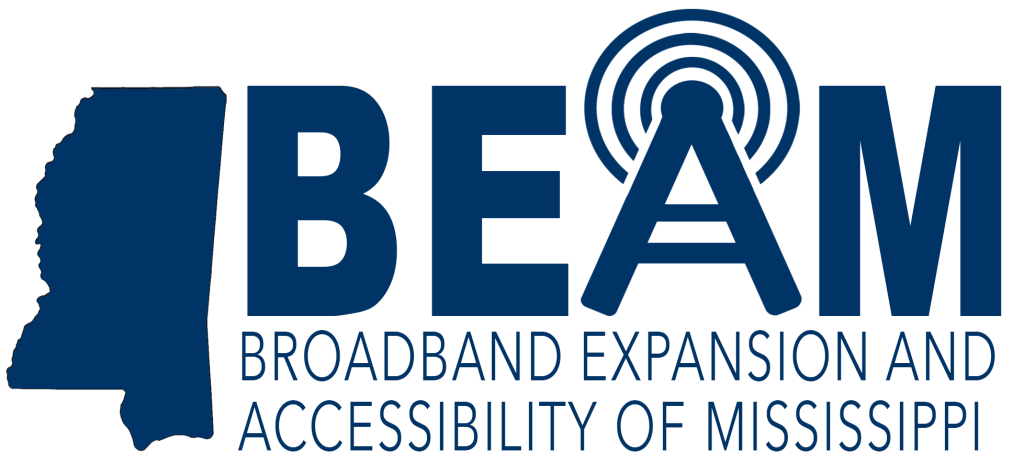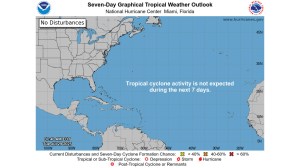State’s broadband expansion moves forward despite federal changes
Published 9:00 am Monday, August 4, 2025

- BEAM office logo
Despite twists and turns, Mississippi took a step forward this week in expanding broadband access in the state.
There have been concerns that the Trump administration would make cuts to the Biden era program.
While there have not been cuts to the bulk of the money, the changes to the federal program have caused concern for advocates about the program’s affordability, technology/stability and community engagement.
Trending
Internet service providers submitted over 300 applications for grant funding to provide internet to underserved areas according to Sally Doty, of Brookhaven, the director of the Office of Broadband Expansion and Accessibility of Mississippi. BEAM is responsible for managing the $1.2 billion the state plans to receive from the federal Broadband Equity Access and Deployment program.
BEAD is a $42-billion program passed by Congress in 2021 as part of the Infrastructure Investment and Jobs Act. But on June 6, the Department of Commerce’s National Telecommunications and Information Administration altered the criteria to select providers. The notice eliminated the preference for fiber broadband and requirements for labor, community engagement, climate resilience and low cost/affordable plans. It did not change the amount earmarked for each state.
“Shelving the previous Administration’s unnecessary burdens, and opening access to all technology types, connects more Americans to broadband more quickly, and at a lower cost to the American taxpayer,” Secretary of Commerce Howard Lutnick said in the June notice about the changes.
Areas in need of coverage were identified by asking providers to report what areas and technical capabilities they provided. Mississippi received $1.2 billion to map underserved and unserved areas and to provide grants for providers to extend coverage to these areas. At the time of the June announcement, BEAM had not awarded any contracts.
In 2022, 80% of Mississippians had broadband service. At the time it was the lowest percentage in the nation. Broadband can open up business opportunities, provide access to telehealth care and more jobs, especially in rural areas that often have the lowest rates of high-speed internet availability.
“The most marginalized, rural communities would benefit from this large infrastructure investment in the state,” said Harya Tarekegn, director of advocacy and policy at Mississippi Center for Justice.
Trending
Grants will be given out based on who can build the infrastructure the cheapest, how fast they can set it up and if they’re able to meet the technical requirements, such as upload and download speeds. The new technology neutral plan may mean that more satellite contracts will be awarded to satellite companies, such as SpaceX and Amazon’s Kuiper.
Advocates are concerned that the elimination of the preference for fiber and the ability for states to consider affordability will result in worse technology at a higher price for individuals.
“We feel strongly that fiber is the best way to build out connectivity, especially in rural communities,” said Kyra Roby, a consultant with Children’s Defense Fund.
To install fiber broadband, cables are run along utility poles or underground up to or close to a house. The upfront cost of fiber is higher and more time consuming than other technologies, such as satellite and fixed wireless. However, fiber is generally considered the fastest and most reliable broadband technology with lower long term costs for maintenance and to consumers.
Under the previous policy, states could use the end cost to consumers and providers’ low-cost programs as part of their decision-making process. Now they cannot.
“The affordability issue is a major issue. Internet service costs are ridiculous and a lot of people are not going to be able to afford market rates,” said Oleta Fitzgerald, Southern Regional Office director of Children’s Defense Fund.
There are no cuts to BEAD, but in May of this year, the federal government ended the Digital Equity Program. This included $10 million for Mississippi’s Digital Skills & Accessibility Capacity Grant Program to provide digital skills training and education. However, there is more concern about the future of the BEAD program and its ability to reshape internet access.
Over the next few weeks, BEAM will review applications and make the final proposal available for public comment before submitting it to the Commerce Department.
“Communities still have a vital role to play in ensuring reliable, affordable access. There has already been significant community engagement around these issues to help get us to where we are now, and we expect even more in the months ahead,” Roby said.





